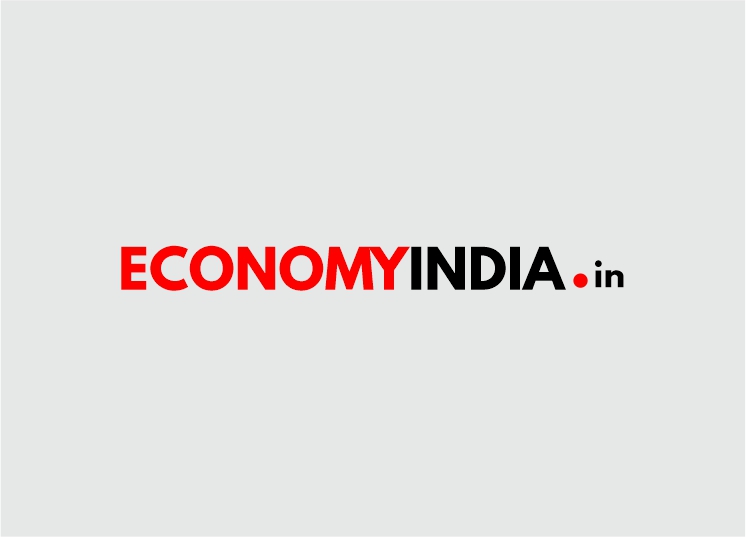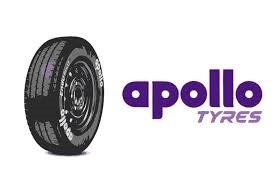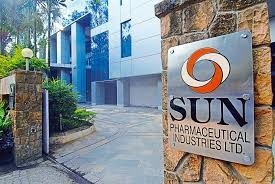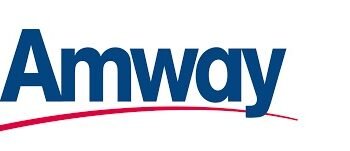Synopsis of the story
Naveen Jindal-led Jindal Steel & Power Limited (JSPL) is on track to becoming a net debt-free company in the historically high-leveraged Indian steel sector. From being a heavily debt-ridden organisation, today it has emerged as a major steelmaker with the strongest balance sheet in the sector.
By Rusen Kumar
In FY 2020-21, JSPL’s encouraging operational performance, divestment of non-core assets, and lower capex have contributed to its deleveraging. As a result, its net debt declined sharply from Rs. 35,881 crores in FY 2019-20 to Rs. 22,146 crores in FY 2020-21.
JSPL is an infrastructure steel company, making available world-class import substitution products for the ‘Building the Nation of Our Dream’ philosophy.
A few years earlier, JSPL was grappling with a high debt overhang and significant operational challenges. However, with a razor-sharp focus, highly dedicated workforce, and strong leadership, the company has been able to turn around its business, with rising net revenue, EBIDTA, and generation of free cash flow.
The company has the strongest balance sheet in India’s steel sector today, and it has confidence in the future prospects of the business.
One of India’s leading steelmakers with key assets in North and East India, JSPL over the years, has grown to become an industrial powerhouse with interests in steel, power, mining and infrastructure, working towards realising the vision of a self-reliant India
This has been achieved through calibrated and prudent financial management and by pursuing strategic divestment strategies.
In the near future, the company aspires to become a net debt-free Company, which will be a unique feat in India’s steel scenario. In pursuit of this ambition, it has reduced net debt by Rs. 13,734 crores taking the company net debt to Rs. 22,146 crores at a consolidated level.
Its domestic steel business produces economical and efficient steel through integrated operations. It owns and operates state-of-the-art facilities in Chhattisgarh, Odisha, and Jharkhand, and its product portfolio spans the steel value chain from the varied flat products to a full range of long products and rails.
JSPL has tread on the deleveraging path since FY 2015-16. The Company’s single-minded focus on strengthening its balance sheet has resulted in its Net Debt declining from a peak of Rs. 46,184 crores in FY16 to Rs. 22,146 crores by the end of FY 2020-21, a reduction of more than 50%.
“Our balance sheet has undergone a complete metamorphosis with Net Debt to EBITDA improving to 1.53x in FY 2020-21 from an unsustainably high level of 13.3x in FY 2015-16.”, the company said.
Going forward, we plan to maintain our net debt to EBITDA under 1.5x, even as we pursue our growth ambitions. Our journey to becoming net debt-free will also be accelerated by the divestment of Jindal Power Limited (JPL), and any other assets that would help us become leaner, stronger, and sustainable.
Potential divestment of JPL will further accelerate its journey helping the company achieving the vision before FYs 2020-23.
Strong Growth
In FY 2020-21, JSPL recorded gross revenue of Rs. 37,051 crore and net revenue of Rs. 33,308 crores. Standalone EBITDA at Rs 13,055 crore is reported highest yet, with net profit soaring to Rs. 7,154 crores powered by strong business performance and cost-saving measures.
From a steelmaking standpoint, the company produced 7.51 MnT of steel including pig iron, a growth of 55% growth in three years, without undertaking any significant capital expenditure. JSPL is hoping to sell 7.28 MnT of steel, encouraging the growth of 20% (y-o-y).
JSPL claimed that its credit rating has also been revised to the ‘A’ category considering consistent deleveraging and payback, and robust business performance. “Today, we can proudly say that we have regained our position as one of the best value creators for our shareholders.”, the company’s annual report said.
Growth prospects
As part of the JSPL 2.0 strategy, the company is shifting its focus singularly to the Indian steel business. Its strategic divestment of Oman operations is an important step in this direction. “Our core priority today is sweating our existing assets and achieving a net debt-free balance sheet. To increase profitability and power volume growth, we are undertaking growth and maintenance capex at our Angul plant and other key locations.”, the company said.
Increasing domestic steel capacity
JSPL which became India’s first company in the private sector, in 2020, to receive the ‘Regular Rail Supplier’ status by Indian Railways, increasing its domestic steel capacity by 66% to touch 15.9 MTPA, and with Angul Phase II, it will be commissioning a new blast furnace, steel melt shops, direct reduced iron plant, replicating our existing facilities to double our capacity at the location. The expected commissioning of the blast furnace will be in December 2023.
Another key aspect of its growth plan is margin expansion, for which the company is scaling its efficiencies through projects such as slurry pipeline for logistics, and building pellet capacities that can add to its toplines.
“Our plan also includes the construction of a new 5.5 MTPA hot strip mill, which will enhance our overall flat steel capacity to ~10.5 MTPA. The overall outlay of our capex projects will be approximately Rs. 18,000 crores, with expansion projects receiving 2/3rds of the outlay. The capex projects will be funded primarily via internal accruals and minimal debt.”, the annual report said.
(Rusen Kumar is the editor at Economy India)
(Economy India)













